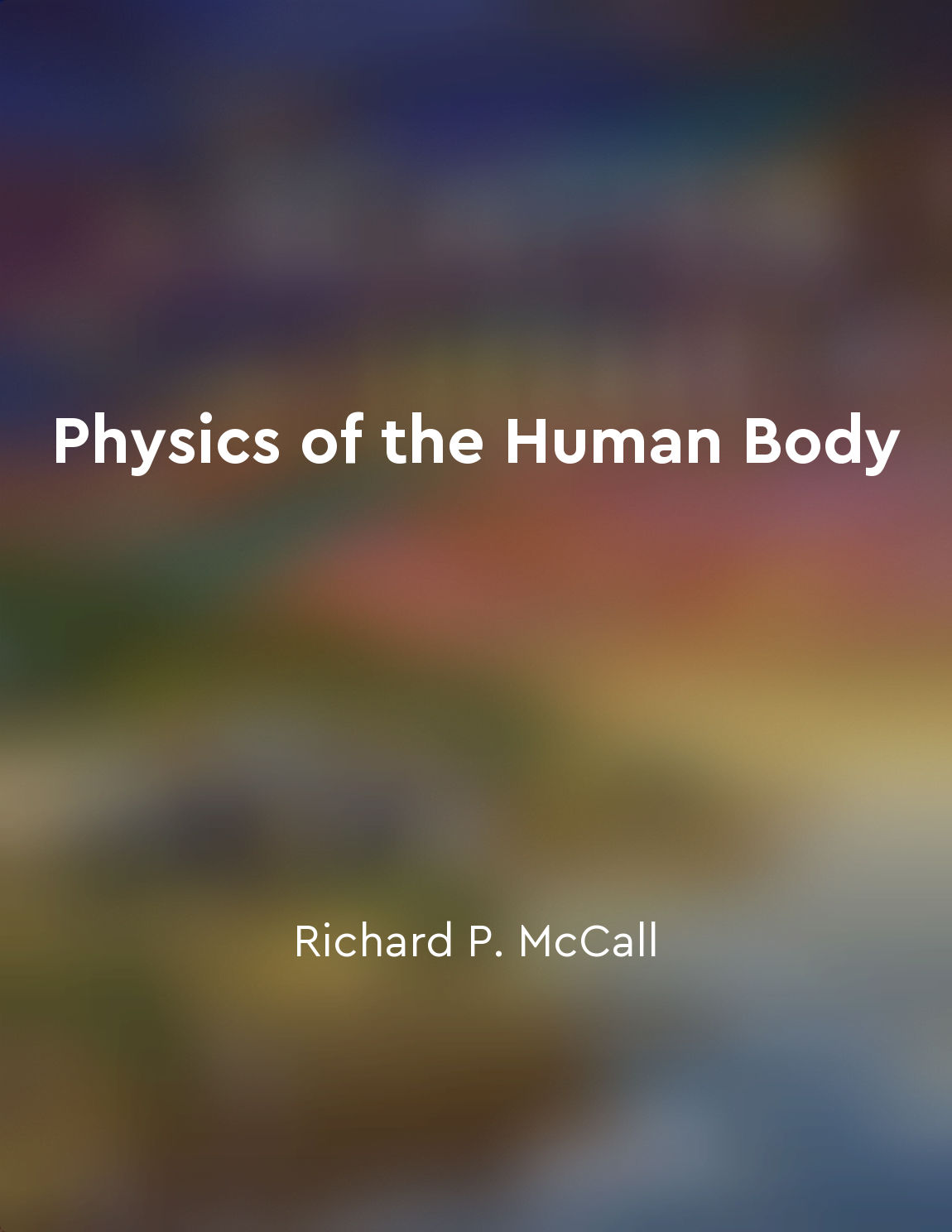The circulatory system transports nutrients and wastes from "summary" of Human Biology by Cecie Starr,Beverly McMillan
The circulatory system plays a vital role in the body by transporting essential nutrients and removing waste products. This system consists of the heart, blood vessels, and blood, working together to ensure that all cells receive the necessary nutrients for proper functioning. The heart acts as a pump, continuously circulating blood throughout the body to deliver oxygen and nutrients to tissues and organs. Blood vessels, such as arteries, veins, and capillaries, form a network that carries blood to and from various parts of the body. Arteries transport oxygen-rich blood away from the heart to the tissues, while veins return oxygen-poor blood back to the heart. Capillaries, the smallest blood vessels, facilitate the exchange of nutrients and waste products between the blood and tissues. Nutrients, such as glucose, a...Similar Posts

Nutrientdense foods promote a strong immune system
Consuming foods that are rich in nutrients is vital for maintaining a robust immune system. Nutrient-dense foods provide the es...
Fasting can help regulate blood sugar levels
Fasting has been shown to have a significant impact on regulating blood sugar levels. When you fast, your body switches from us...
Human impact on the environment is a pressing global issue
The impact of human activities on the environment is a matter of great concern on a global scale. The continuous and often unsu...
Holistic approaches to health focus on mind, body, and spirit
Holistic approaches to health consider the whole person - mind, body, and spirit. This means taking into account not only physi...

Biomechanics studies the physics of human motion
Biomechanics is a field of study that examines the physics of human motion. It delves into the mechanics of how our bodies move...

Bones of skull
The skull is comprised of several bones which protect the brain and support various structures of the head. These bones include...

